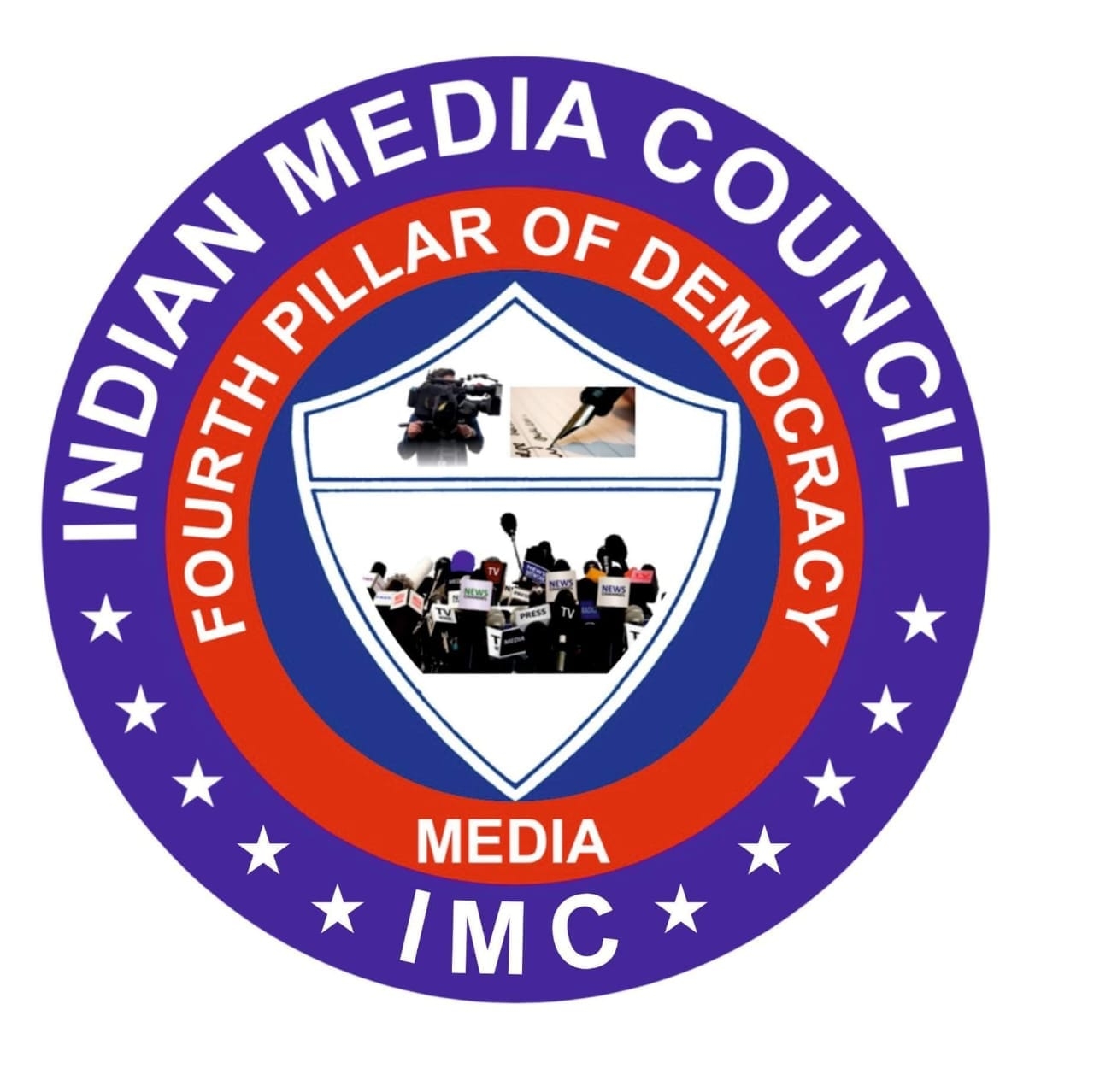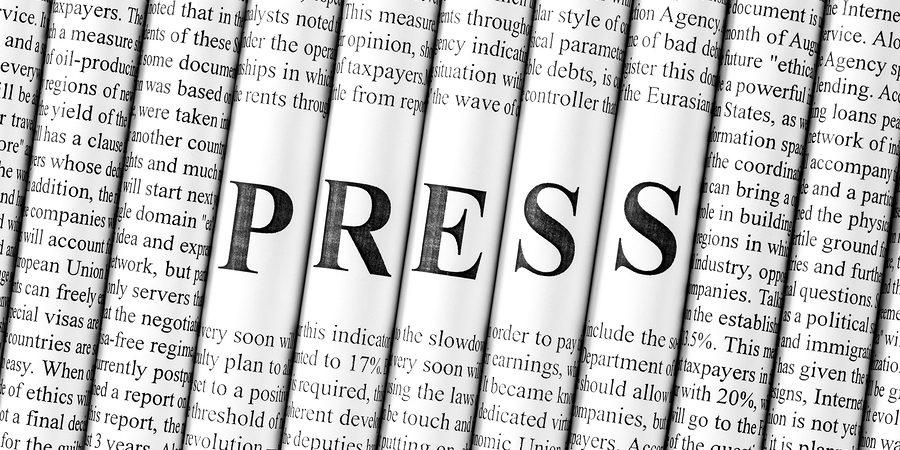“Fee press is must for a free society”
Media is one of the effective tools to release a robust political narrative in any society. The statistics that is relayed after which consumed by using the audience has a direct concerning the public opinion. This information is important for a democracy to live to tell the tale and dissent to thrive. but, in India, there was a disturbing fashion nowadays, when media has, extra often than no longer, come under scrutiny for drifting away from its reason to relay statistics and chorus from catering to any particular pursuits.
The affiliation of power with media goes lower back a long way. control of media has been instrumental in production public consent and controlling dissent. This control of the information area can appear through a variety of channels. Direct manipulate by means of imposing strict legal guidelines and law that restriction the scope of what can be mentioned, influence thru state funding consisting of for commercial or covertly with the aid of the way of owning the media. The latter is a diffused and harmless way of controlling the political discourse and limiting crucial reportage. additionally urging media stores to perform self-censorship thru numerous strain strategies occurs to be a device for manage.
The Indian media landscape has changed substantially over the last decade. With the advances in technology, the media industry has been burgeoning like by no means earlier than and elevated its reach, in terms of the wide variety of retailers, whether or not in tv, radio or newspaper. whilst this has set an excellent trend for market growth, the underlying consequences of this hastily growing media landscape has thrown up some challenges as nicely. The people with get entry to to the corridors of power were a hit in influencing dissemination of information through media houses, by partly owning these stores, and tangentially influencing the manner information are supplied. genuinely, possession of the media appreciably impacts the perspectives supplied inside the reporting and bias becomes inevitable in such occasions.
Within the sample of this have a look at, as many as ten media owners have direct or indirect links with politics while some of them even represent a political party. There are infinite others but, who’ve refused to claim their political affiliations, but yet very own media companies. among them, media owners with political links control a massive share of viewership/readership.
Regulating the seize of media over politics:
The increasing control of the media by way of the authorities and the ruling party is an ubiquitous phenomenon that has come in on hand to have a preserve on the general public. apart from stifling the discourse and restricting the liberty of opinion, it has additionally blinded the humans from knowing their real interests. The political seize of mass media occurs by means of governments, political parties and big groups and creates a worsening scenario for folks that are at the margins of the society. It leads one to the maximum large question of whether there need to be a law banning massive companies and flesh presser to personal media. As the distance for vital remark is shrinking at a fast pace there is an urgent want to deal with the issue.
Because it’s miles especially invisible to the publics’ eye, media ownership is one of the least preferred factors contributing to the risk of the press freedom and compromising of ethical journalism. in keeping with the free Press limitless the possession of media by using human beings who have vested pursuits has enabled the governments and organizations “to broaden a centralized information approach that amounts to a present day shape of propaganda whereby all critical media are speaking a comparable vocabulary, demonizing the equal enemies, and offering the equal arguments in assist of the management’s movements”.
Today, there are no regulatory safeguards against political manage over media in India. The Indian laws do no longer restriction political ownership in tv or print media except for radio, wherein political parties or contributors thereof are disqualified from making use of for a license to operate a radio station. however, radio is barred from broadcasting independent information. there is no mandatory requirement to disclose political affiliations of the owners or of their circle of relatives participants.
Neha Mandal
Internship Trainee

